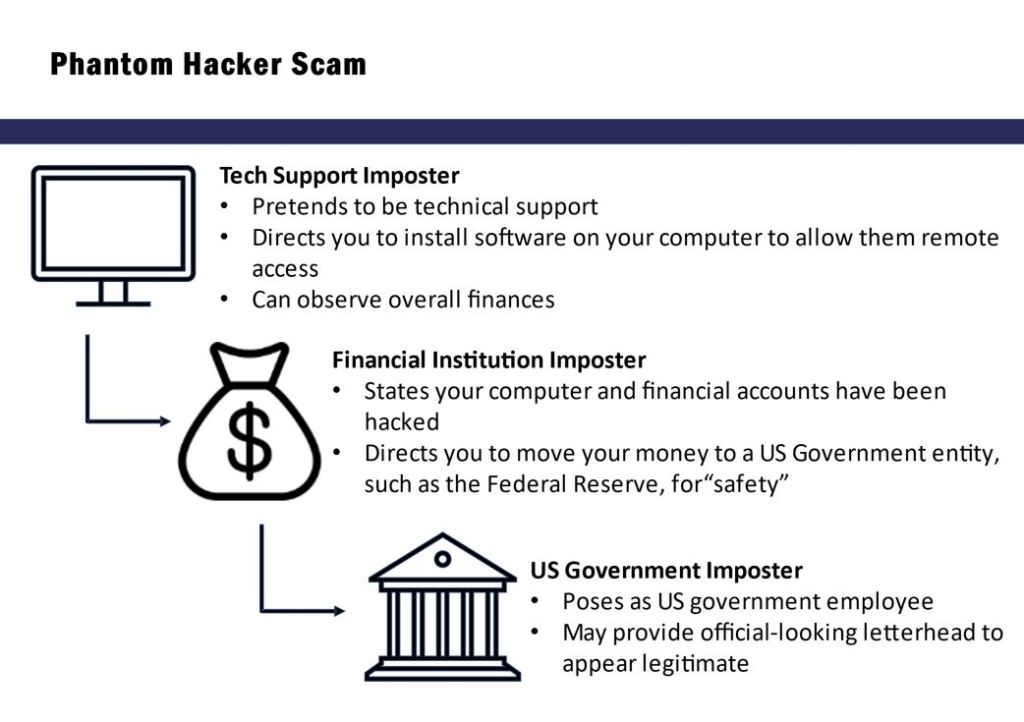12 Persons Arrested For Suspected Involvement In Banking-Related Malware Scam Cases
A total of 11 men and one woman, aged between 17 and 40, have been arrested for their suspected involvement in the recent spate of banking-related malware scam cases, following an island-wide anti-scam enforcement operation conducted between 9 and 20 October 2023.
Over the course of two weeks, officers from the Commercial Affairs Department (CAD) and Police Intelligence Department (PID) mounted simultaneous island-wide operations and arrested 12 persons. Preliminary investigations revealed that the 11 men and one woman had allegedly facilitated the scam cases by relinquishing their bank accounts, Internet banking credentials and/or disclosing Singpass credentials for monetary gains.
Since January 2023, the Police have received increasing number of reports of malware being used to compromise Android mobile devices, resulting in unauthorised transactions made from the victims’ bank accounts, even when they had not divulged their Internet banking credentials, One-Time-Passwords (OTPs) or Singpass credentials to anyone. In these cases, the victims responded to advertisements (e.g., on cleaning services, pet grooming, food items such as seafood and groceries, etc.) on social media platforms such as Facebook. They were then instructed by the scammers to download Android Package Kit (APK) from non-official app stores to facilitate the purchase, which led to malware being installed on their mobile devices. Subsequently, the scammers convinced the victims via phone calls or text messages to turn on accessibility services on their Android phones. This weakened the phones’ security, allowing scammers to take full control of the victims’ phones. As a result, the scammers could log every keystroke, steal banking credentials stored on the phones, remotely access victims’ banking apps, add money mules as payees, raise payment limits and transfer money to money mules. The scammers could further delete SMSes and email notifications of the bank transactions to cover their tracks.
Police investigations are ongoing. The offence of acquiring benefits from criminal conduct under Section 54(5)(a) of the Corruption, Drug Trafficking and Other Serious Crimes…






